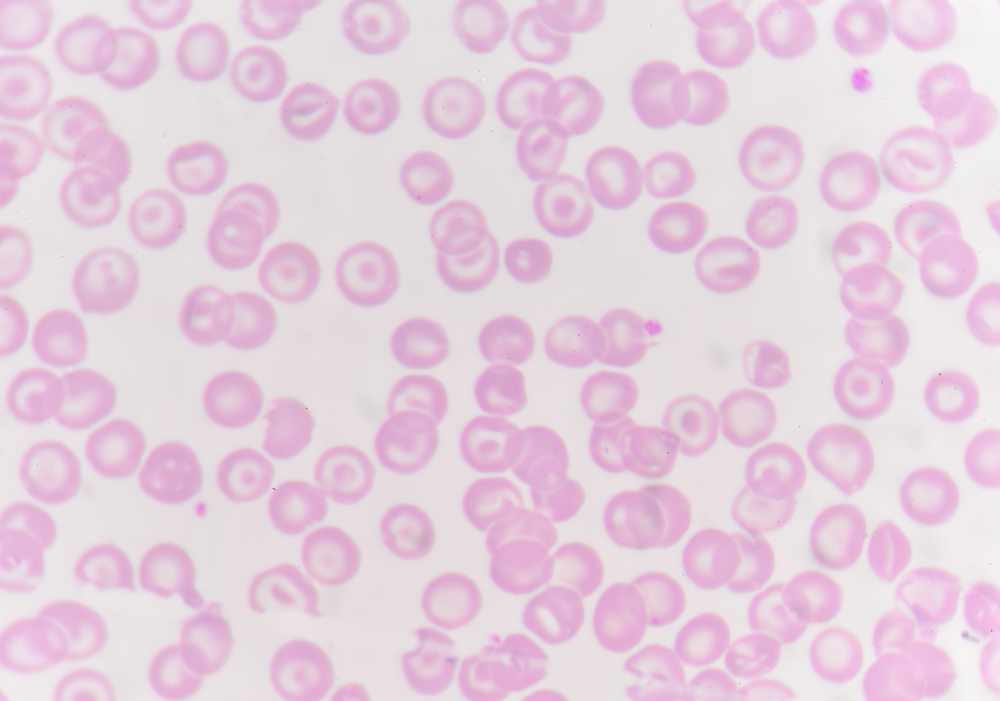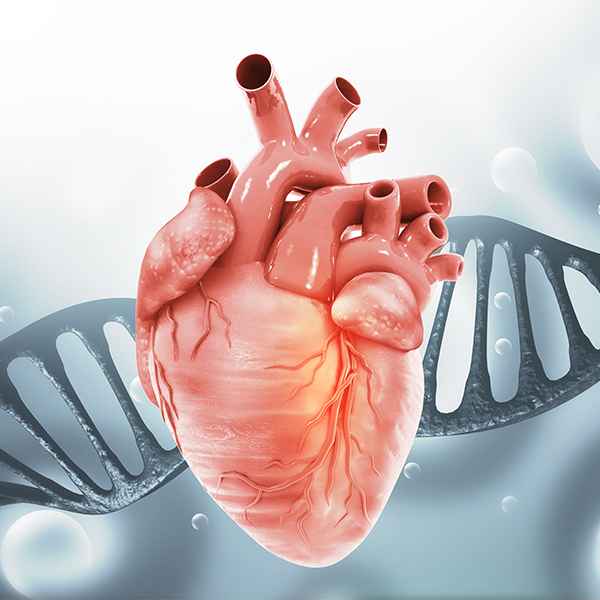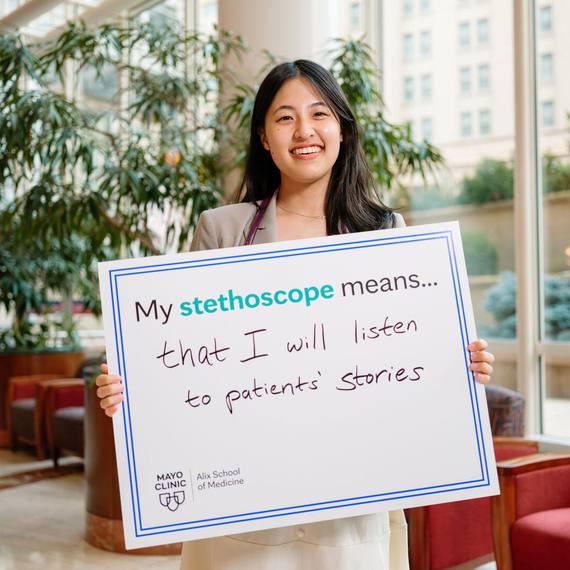-
Arizona
Next-generation biomaterial being developed to treat bleeding
 PHOENIX — Researchers at Mayo Clinic, Harvard Medical School and the Massachusetts Institute of Technology are developing a biomaterial that has potential to protect patients at high risk for bleeding in surgery.
PHOENIX — Researchers at Mayo Clinic, Harvard Medical School and the Massachusetts Institute of Technology are developing a biomaterial that has potential to protect patients at high risk for bleeding in surgery.
The Nov. 16 cover article, “An Injectable Shear-Thinning Biomaterial for Endovascular Embolization,” in the journal Science Translational Medicine reports on a universal shear-thinning biomaterial that may provide an alternative for treating vascular bleeding.
Endovascular embolization is a minimally invasive procedure that treats abnormal blood vessels in the brain and other parts of the body beginning with a pinhole puncture in the femoral artery. This procedure is accomplished by inserting metallic coils through a catheter into a vessel, which induces clotting to prevent further bleeding.
For patients unable to form a clot within the coiled artery or patients on high doses of blood thinners for their mechanical valves or cardiac assist devices, coil embolization could lead to complications, such as breakthrough bleeding, according to the study.
Despite its improvement over open surgical procedures, rebleeding after coil embolization is common and can be life-threatening, states the study.
The study’s lead co-author Rahmi Oklu, M.D., Ph.D., a vascular interventional radiologist at Mayo Clinic’s Arizona campus, explains shear-thinning biomaterial offers many advantages over metallic coils, the current gold standard.
“Coils require your body’s ability to create a clot in order to create that occlusion. Our shear-thinning biomaterial, regardless of how anticoagulated the patient may be, will still create that occlusion,” says Dr. Oklu, who began researching the shear-thinning biomaterial three years ago while working at Massachusetts General Hospital, Harvard Medical School, in collaboration with his colleague, Ali Khademhosseini, Ph.D., of Brigham and Women’s Hospital in Boston.
MEDIA CONTACT: Julie Janovsky-Mason, Mayo Clinic Public Affairs, 480-301-6173, janovsky-mason.julie@mayo.edu
Dr. Oklu says the shear-thinning biomaterial, which can be injected through an endovascular catheter, creates an impenetrable cast of the vessel, preventing further bleeding. This shear-thinning biomaterial is easier to deliver and see on a CT and on MRI, enabling physicians to better assess the outcomes of the procedure, says Dr. Oklu.
Research on the shear-thinning biomaterial continues at Mayo Clinic. The goal is to address unmet patient needs, including possible treatment of vascular malformations, varicose veins, aneurysms and traumatic vascular injuries, as well as a drug delivery device in cancer treatment.
Journalists: Sound bites with Dr. Oklu are available in the downloads.
The study’s other co-authors are:
- Hassan Albadawi, Division of Interventional Radiology, Mayo Clinic; Department of Surgery, Division of Vascular and Endovascular Surgery, Massachusetts General Hospital, Harvard Medical School
- Reginald Avery, Biomaterials Innovation Research Center, Department of Medicine, Brigham and Women’s Hospital, Harvard Medical School, the Department of Biological Engineering, Massachusetts Institute of Technology, and Wyss Institute for Biologically Inspired Engineering, Harvard University
- Yu Shrike Zhang, Biomaterials Innovation Research Center, Department of Medicine, Brigham and Women’s Hospital, Harvard Medical School, Wyss Institute for Biologically Inspired Engineering, Harvard University, and Harvard-Massachusetts Institute of Technology Division of Health Sciences and Technology, Massachusetts Institute of Technology
- Michael Duggan, Department of Surgery, Division of Trauma, Emergency Surgery and Surgical Critical Care, Massachusetts General Hospital, Harvard Medical School
- Dushyant Sahani, Department of Radiology, Massachusetts General Hospital, Harvard Medical School
- Bradley Olsen, Department of Chemical Engineering, Massachusetts Institute of Technology
- Ali Khademhosseini, Biomaterials Innovation Research Center, Department of Medicine, Brigham and Women’s Hospital, Harvard Medical School, Wyss Institute for Biologically Inspired Engineering, Harvard University, Harvard- Massachusetts Institute of Technology Division of Health Sciences and Technology, Massachusetts Institute of Technology
The study was funded by the National Institutes of Health and the Sloan Foundation.
Dr. Oklu has a financial interest related to the technology referenced in this news release.
###
About Mayo Clinic
Mayo Clinic is a nonprofit organization committed to clinical practice, education and research, providing expert, whole-person care to everyone who needs healing. For more information, visit http://www.mayoclinic.org/about-mayo-clinic or https://newsnetwork.mayoclinic.org/.







